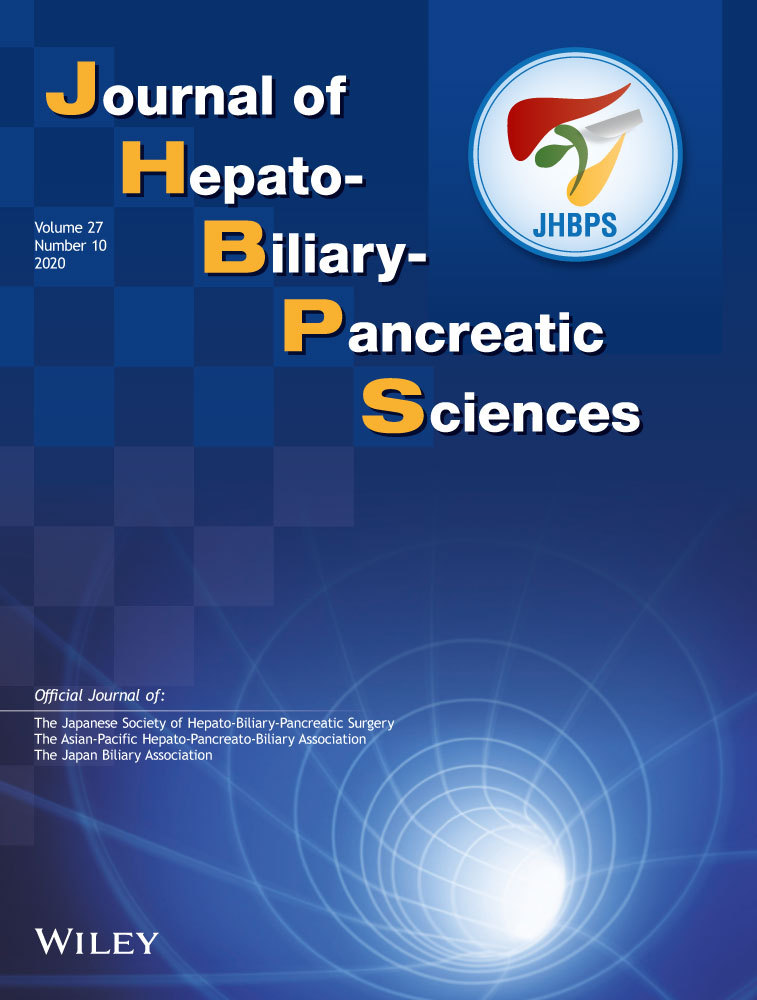Prognostic significance of regional lymph node metastasis according to station in ampullary carcinoma
Tashiro and Kuroki contributed equally to this work.
Abstract
Background
The TNM (Tumor, Node, Metastasis) classification of the 8th Union for International Cancer Control and the 6th Japanese classification of biliary tract cancer were made on the premise that the prognostic effect of each regional lymph node station is similar. However, some studies have reported different effects of lymph node metastasis location on post-resection prognosis. This study aimed to investigate outcome following radical resection of ampullary carcinoma according to station of lymph node metastasis.
Methods
Patients who underwent surgical resection for ampullary carcinoma between January 2007 and December 2017 at two separate Japanese institutions were included. Regional lymph nodes were subclassified as follows: Pancreatoduodenal lymph nodes (PD) and others (OT).
Results
Of the 101 patients analyzed, 34 had regional lymph node metastasis. OT metastasis was found in eight patients. Significant differences were found in relapse-free survival (RFS) and overall survival (OS) between the three study groups (no nodal metastasis, only PD metastasis and OT metastasis; P < .001 for both). OT metastasis was an independent prognostic factor in the multivariate analysis for RFS (hazard ratio [HR] 17.14; 95% confidence interval [CI], 6.33-43.93) and OS (HR 11.06; 95% CI, 3.7-32.99).
Conclusion
The poor prognosis of ampullary carcinoma patients with OT metastasis suggests that regional lymph nodes should not be categorized equally into one group.
CONFLICT OF INTEREST
Authors declare no conflict of interest for this article.




